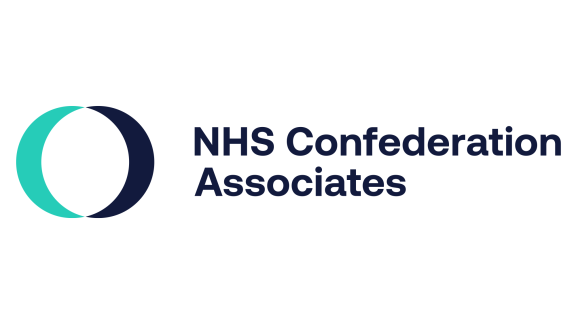NHS leadership, performance and patient safety: evidence to the House of Commons Health and Social Care Select Committee inquiry

Patient safety is the number one priority for NHS Confederation members, and they fully understand the renewed public and political interest in patient safety including the potential regulation of senior healthcare leaders in light of recent cases.
We need to drive an important shift to change the relationship between the health service, clinicians, patients and their families. The future model of care is one where patients and their families are active partners in healthy communities, not just consumers of NHS services. This needs to include a more grown up conversation about managing risk across the health and care system.
The NHS has strengthened mechanisms to support staff with raising patient safety concerns following Sir Robert Francis QC’s report into Mid Staffordshire NHS Foundation Trust by establishing the National Guardian’s Office and Freedom to Speak Up Guardians, which are now embedded in every trust.
Whilst the NHS Staff Survey indicated modest progress on staff feeling more comfortable with raising patient safety concerns from the period of 2017-2019 and into the pandemic, this has almost been reversed in recent years which is worrying and reflects growing pressure on services and longer waits for care.
The key to improving whistleblowing and addressing patient safety concerns is having good systems and processes in place alongside a healthy speaking up culture. NHS Employers works closely with the National Guardian’s Office to raise awareness and we share best practice and develop resources to support our members with this.
The Messenger Review has placed a welcome focus on NHS leadership and management; a vital element of delivering quality care. But for it to make a difference, the requisite funding, support and resourcing must be provided by government to ensure leaders across health can deliver on its recommendations. It is impossible to have this conversation about leadership and patient safety without doing so in the context NHS leaders find themselves in.
It is important to note that high-performing health systems require investment in effective management and the NHS continues to be under-managed in comparison to other sectors.
Our members accept that regulation of senior leaders across health and social care will enhance confidence in accountability for patient safety across all areas of leadership. However, increased regulation should not be considered a silver bullet for the NHS’s ails but should go hand in hand with a wider, holistic review of potential actions that could strengthen the NHS and patient safety.
During our engagement with members, NHS leaders have been clear that the expectations of any regulatory process must be realistic and understandable in their objectives as to the ultimate purpose of regulation.
It is important that any action which aims to improve patient safety enables a consistently experienced cultural shift in the way the NHS and its professions address these issues.



